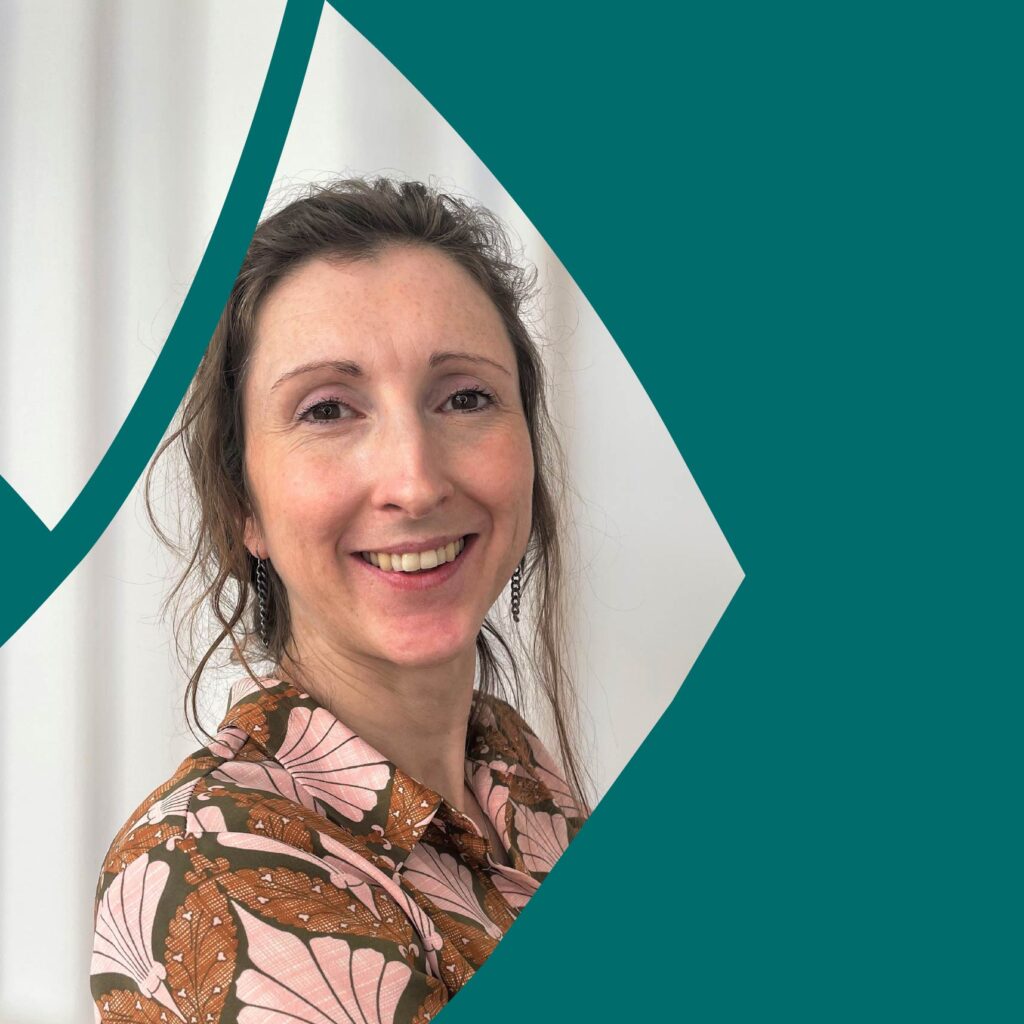Home » Women in IT » Women in IT: Maja Harsberg
When Maja Harsberg stands with the proof that she has completed her Master's degree in Culture, Communication, and Globalization from Aalborg University, it is with the idea that she will now go out and work with something that is a natural extension of her education.
Instead, by chance, she landed her first job at Copenhagen Airport, where she was put in charge of the airport's intranet and was introduced to SharePoint, and after a short course, she was up and running:
"I have always had a technical flair, but here I realized that working with IT is cool. It was a completely different culture from where I came from, but I was able to bring my communication skills into play and facilitate collaboration between different departments."
She continued to develop her technical skills in the airport's IT department and later advanced to Systems Integrator before joining Delegate as a Senior Consultant in 2017.

Maja's fascination with IT stems from the fact that it's an industry that requires both technical skills and human understanding:
"I love that IT is about both technology and people. In reality, I experience my work as a mix, where 90 percent is about people and the remaining 10 percent is about systems, which makes it both challenging and rewarding."
As a Principal Consultant, she uses her ability to understand complex systems while bringing different cultural perspectives together daily, bridging the gap between technological solutions and those using them.
Although the numbers speak for themselves, Maja finds that the IT industry is largely diverse, with many types of people from different backgrounds bringing their unique views and skills to the table. However, there still needs to be more women in the industry:
"We need more women, but not just to meet quotas. We need women because they are passionate and skilled."
In this context, it's crucial to recognize and make visible the invisible work many women often do in the workplace. Maja points out how women usually take responsibility for the small but essential tasks that are not always noticed or appreciated:
"Women often end up doing the little things that keep the wheels turning that no one notices. It can be anything from emptying the dishwasher to making sure the office runs smoothly. Women also often bring a natural organization and caring to the work environment that should be valued as much as other visible tasks."
Therefore, she believes it is necessary to quantify and recognize these tasks to create a more equitable and inclusive workplace that attracts and retains women.
Maja herself has lacked role models in the IT industry to show the way for women, and she sees a tendency for women to feel they have to work harder to prove their worth:
"I hope I can show that it is possible to be successful without having to sacrifice your own identity."
After becoming a mother of twins six years ago, she cut back to 30 hours a week to balance work, family life, and time for herself. For Maja, it's about creating a working model where she can be the best version of herself both professionally and personally:
"It is important for me to have balance, and when I reduced my hours, I was worried that it would have a negative impact on my career. But it has actually made me more productive and satisfied."
She has since been promoted twice in Delegate:
"It shows that it is possible to have a successful part-time career and I hope I can be an inspiration to others."
"I see IT as a craft, and today, many programs have a more holistic view of IT. These programs often include elements such as project management, change management, and other softer theories. We need to recognize the importance of those disciplines and not just the "tech."
Humanists bring unique human skills to the table that can't always be taught in the same way as technical skills. Not everyone can learn to program, but many can develop an understanding of IT as a craft.
Many women's humanities skills, acquired through education (or naturally), are invaluable in the IT industry and not easily acquired later in life. That's why I think it's important to emphasize and value the people skills that humanists bring when encouraging more women to consider a career in IT.
By subscribing to our newsletter, you will be notified when we host events, get inspiration from case, and much more.